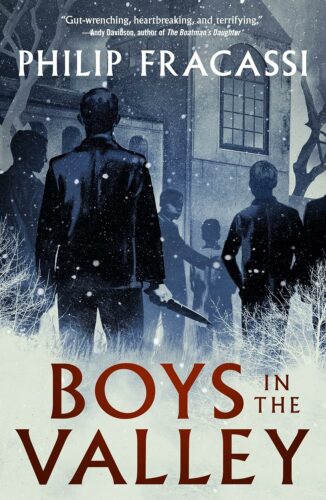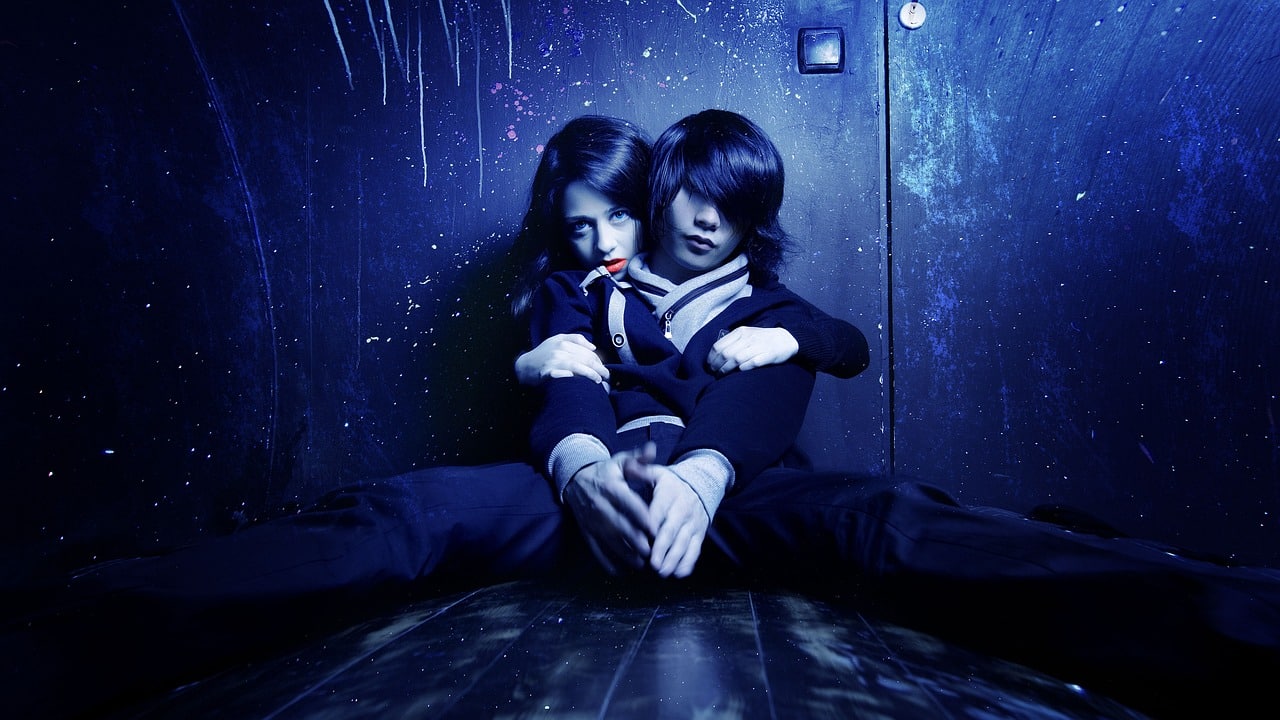 Possession and Coming of Age
Possession and Coming of Age
Author: Philip Fracassi
Peter Barlow, a teenage orphan in the remote St. Vincent’s Orphanage for Boys, has made these unwanted, starving children into a family. Peter has the soul of a protector, watching over the new boys, helping them avoid the vicious Father Poole and his handyman, and trying to create a haven for neglected children. Peter will soon need to leave the orphanage, and he is torn between following the life of a priest or marrying the girl on the nearby farm whom he loves. These are strong enough sorrows for a young man, coming of age, choosing his life.
Then, one dark night, the sheriff comes to the orphanage in the middle of the night with a bleeding man, seeking one of the priest’s help. But this man has no ordinary injury, and he was found enacting a brutal, ritual child sacrifice. When he dies, something comes out of him . . . and it goes into the nearby children, peacefully sleeping in their dormitory. What comes next is a lineage of blood and torture, a fight between good and evil, and a final choice that will cost everything.
I came to Boys in the Valley through my horror book club. This book was mistakenly chosen as a vampire themed novel, but the real theme is demonic possession: the kind of horror story that frightens me most. Demons are real, as is their torment and intervention in this world, so this is the kind of horror story that truly freaks me out, getting under my skin. I was looking forward to something atmospheric and altogether too terrifying, something that pitted good against evil. But Boys in the Valley was more a survival thriller than true horror, and the creeping horror of say, Evil Dead, was supplanted by a story that goes from action-packed to oddly still, oscillating between too much and too little.
When we start the story, we’re introduced to the arguably evil Father Poole, who likes to “discipline” children by burying them in an underground room in the snow, forcing them to nearly freeze to death. Poole is backed up by his criminal handyman, a person with a horrifying, murderous past and very few boundaries. Boys have died at the hands of these two before – it is known – so we expect the story to revolve around their downfall and to explore why the other two “good” priests allow such things to go on. There’s a lot of buildup, a lot of expectation, yet once the demons take over the children, this entire carefully crafted idea is discarded. Worse yet, both Poole and the handyman have moments of undeserved forgiveness, a redemption not earned or foreshadowed in the story that weakens its good vs evil impetus.
We also have a huge cast of children – around thirty. We don’t spend a lot of time getting to know them before the carnage cranks, and so it is hard to follow who is who, who is possessed and who isn’t and even why the demons possessed some children and not others. Only Peter and the one good priest he works with standout amid the crowd, yet we have so little time with them that this is more afterthought than actual characterization.

Image by Khusen Rustamov from Pixabay
Where the story focuses is on the action – and it starts very early. Indeed, it starts so early that there is no time to build the creeping sense of horror or paranoia. It just happens . . . and honestly, that put me out of the sense of horror. It went to madness and chaos instantly, and despite the high-octane moments, I found my mind just drifting. It didn’t help that during these moments, there are wide swathes of pages where literarily nothing happens – no action, no real paranoia, no useful character development. It gives the narrative a lopsided, unrefined feeling.
Boys in the Valley certainly wasn’t a bad story – indeed, it had its creepy moments, its poignant moments, and its action moments. Yet, somehow, I was never able to really get into it, beyond a passing interest. My best guess is it was the odd pacing and the overwhelming number of characters that put me so out of the story. Also, the fact that the bad priests and their travesties are never really addressed, despite being so prominent and important to the story early on. These elements combined gave the entire thing a disjointed feeling, and not in the good, surrealistic kind of way. In the end, the story was just ok.
– Frances Carden
Follow my reviews on Twitter at: https://twitter.com/xombie_mistress
Follow my reviews on Facebook at: https://www.facebook.com/FrancesReviews
- Book Vs Movie: The Shining - April 6, 2020
- Thankful For Great Cozy Mysteries - December 13, 2019
- Cozy Mysteries for a Perfect Fall - October 20, 2019


